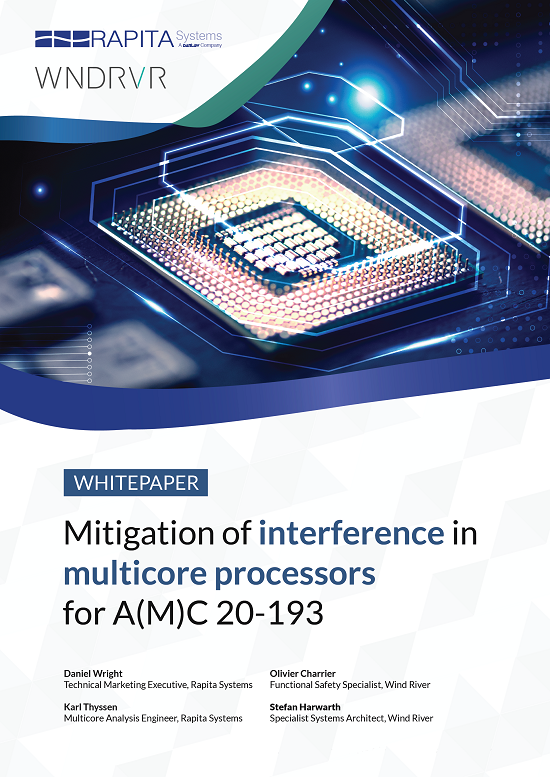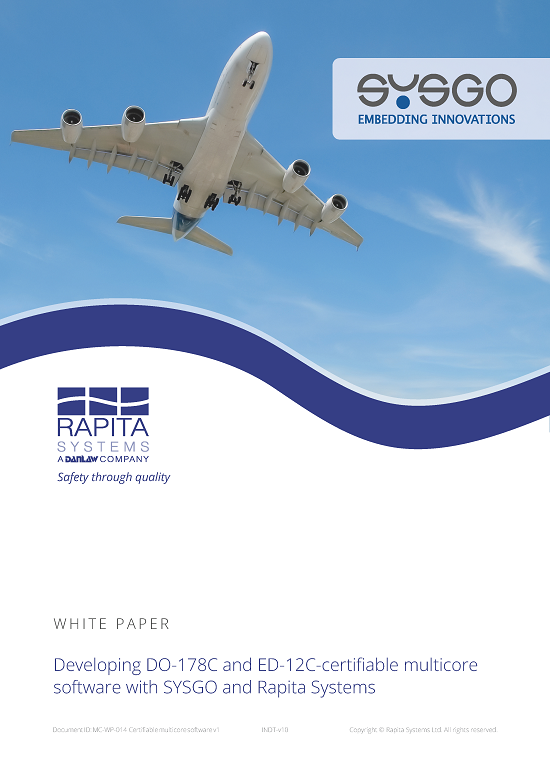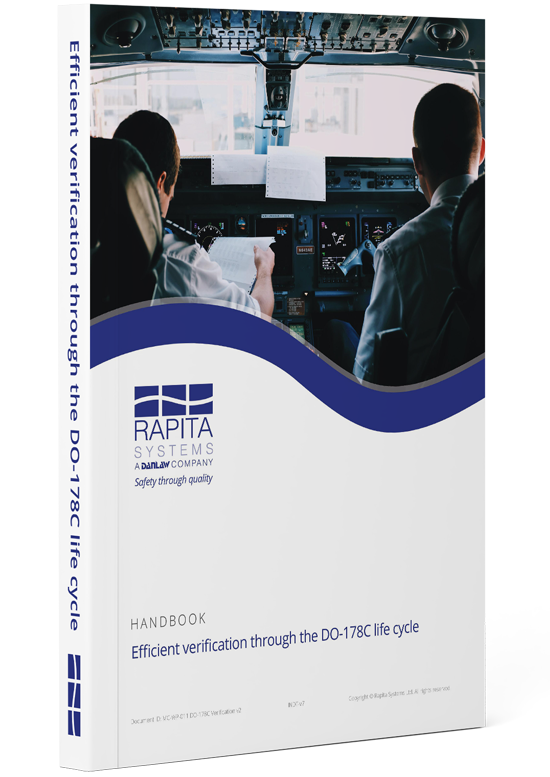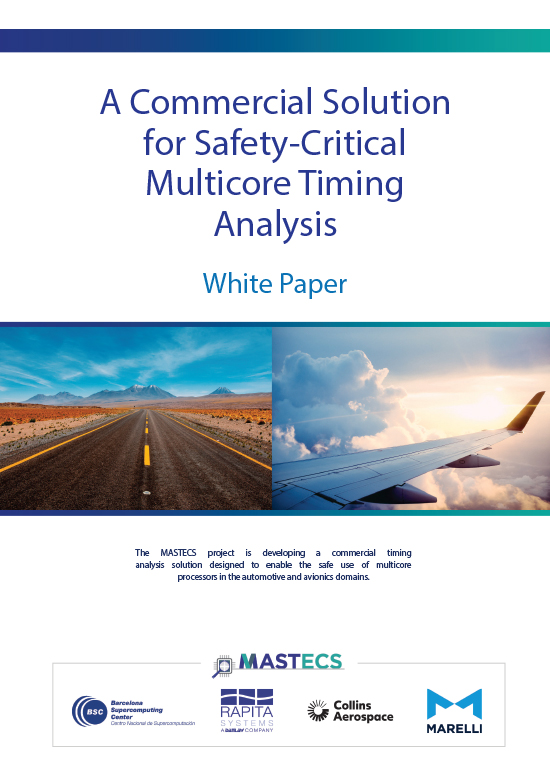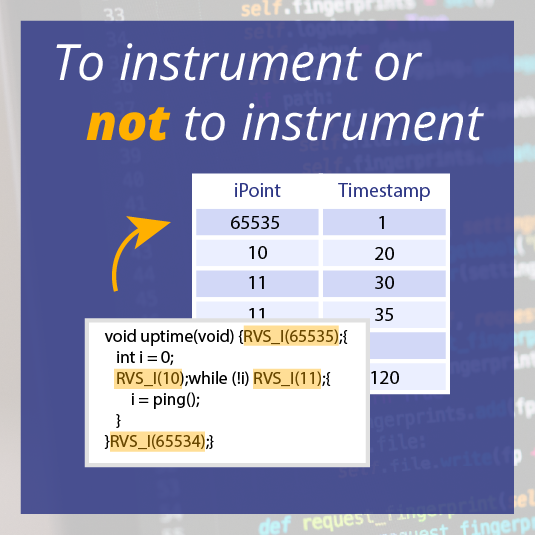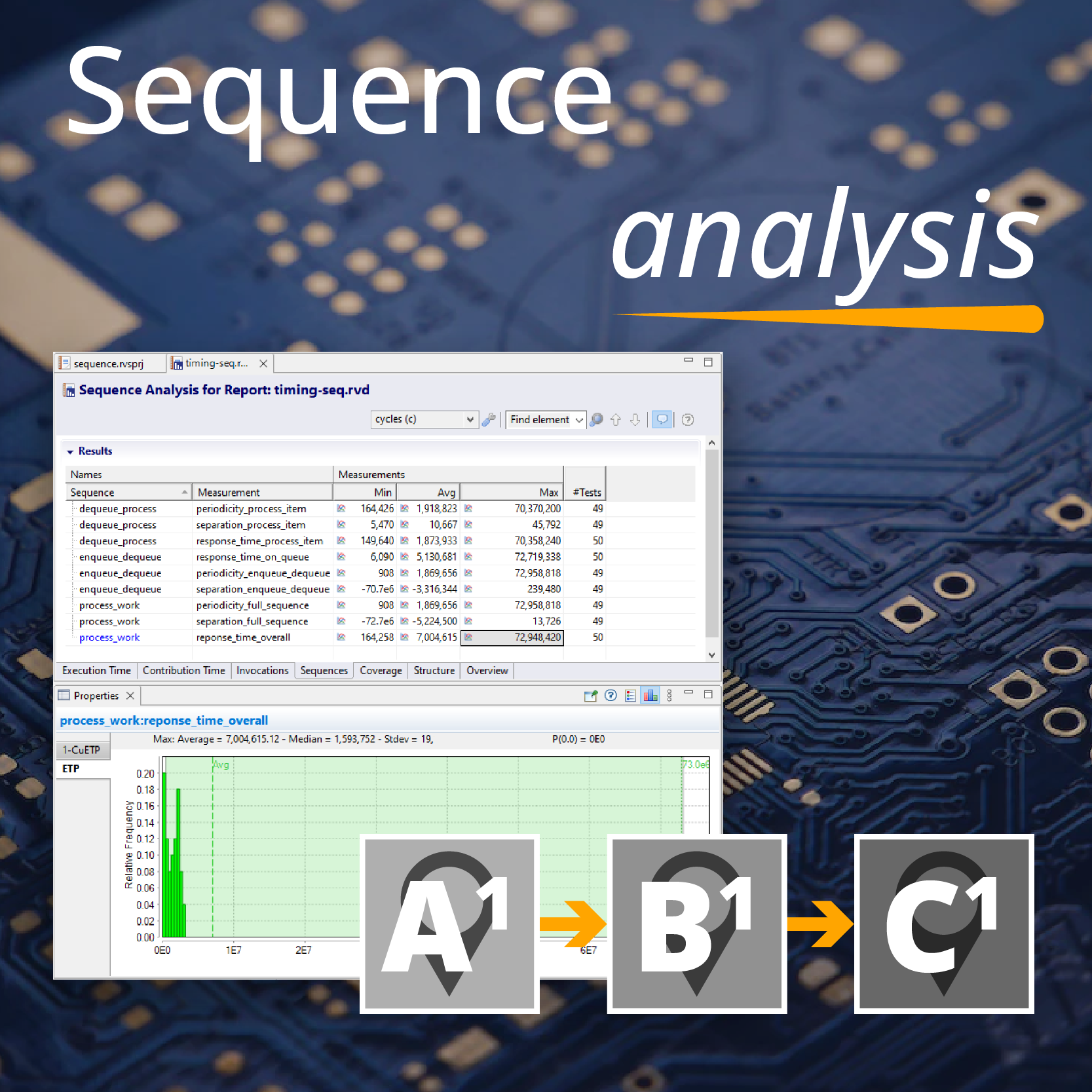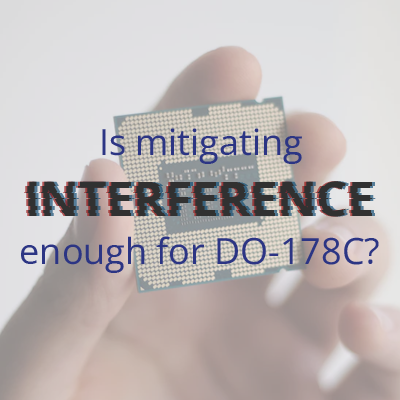We did some analysis on a Freescale P4080 multicore device with cache disabled (a previous blog post explains some of the challenges of doing real-time software in the presence of a cache). A benchmark run was set up with 100 executions of an industry standard benchmark. The same benchmark was used on both core 0 and core 1 of the P4080.
With RapiTime, instrumentation code which highlights the execution of a specific section of code is automatically added. In this experiment, the traces were recorded to common memory, which means the cores needed to arbitrate memory access.
We expected the arbitration to be fair, in other words, for the tests to take the same amount of time to run on both cores. In fact, the results of the experiment showed this not to be the case:
| Core | 1st iteration timestamp | 100th iteration timestamp | Difference for 99 tests | Unit / tests |
| 0 | 133346 | 213306 | 79960 | 808 |
| 1 | 9422 | 56480 | 47058 | 476 |
As can be seen, running tests on core 0 took almost 70% longer, which wasn't the anticipated result. Based on these observations, our inference is that core 0 memory accesses are being held up waiting for core 1 memory accesses.
Sign up to our newsletter to keep up to date with our multicore research activities.

 Rapita System Announces New Distribution Partnership with COONTEC
Rapita System Announces New Distribution Partnership with COONTEC
 Rapita partners with Asterios Technologies to deliver solutions in multicore certification
Rapita partners with Asterios Technologies to deliver solutions in multicore certification
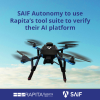 SAIF Autonomy to use RVS to verify their groundbreaking AI platform
SAIF Autonomy to use RVS to verify their groundbreaking AI platform
 RVS gets a new timing analysis engine
RVS gets a new timing analysis engine
 How to measure stack usage through stack painting with RapiTest
How to measure stack usage through stack painting with RapiTest
 What does AMACC Rev B mean for multicore certification?
What does AMACC Rev B mean for multicore certification?
 How emulation can reduce avionics verification costs: Sim68020
How emulation can reduce avionics verification costs: Sim68020
 How to achieve multicore DO-178C certification with Rapita Systems
How to achieve multicore DO-178C certification with Rapita Systems
 How to achieve DO-178C certification with Rapita Systems
How to achieve DO-178C certification with Rapita Systems
 Certifying Unmanned Aircraft Systems
Certifying Unmanned Aircraft Systems
 DO-278A Guidance: Introduction to RTCA DO-278 approval
DO-278A Guidance: Introduction to RTCA DO-278 approval
 The EVTOL Show
The EVTOL Show
 NXP's MultiCore for Avionics (MCFA) Conference
NXP's MultiCore for Avionics (MCFA) Conference
 Embedded World 2026
Embedded World 2026
 XPONENTIAL 2026
XPONENTIAL 2026











